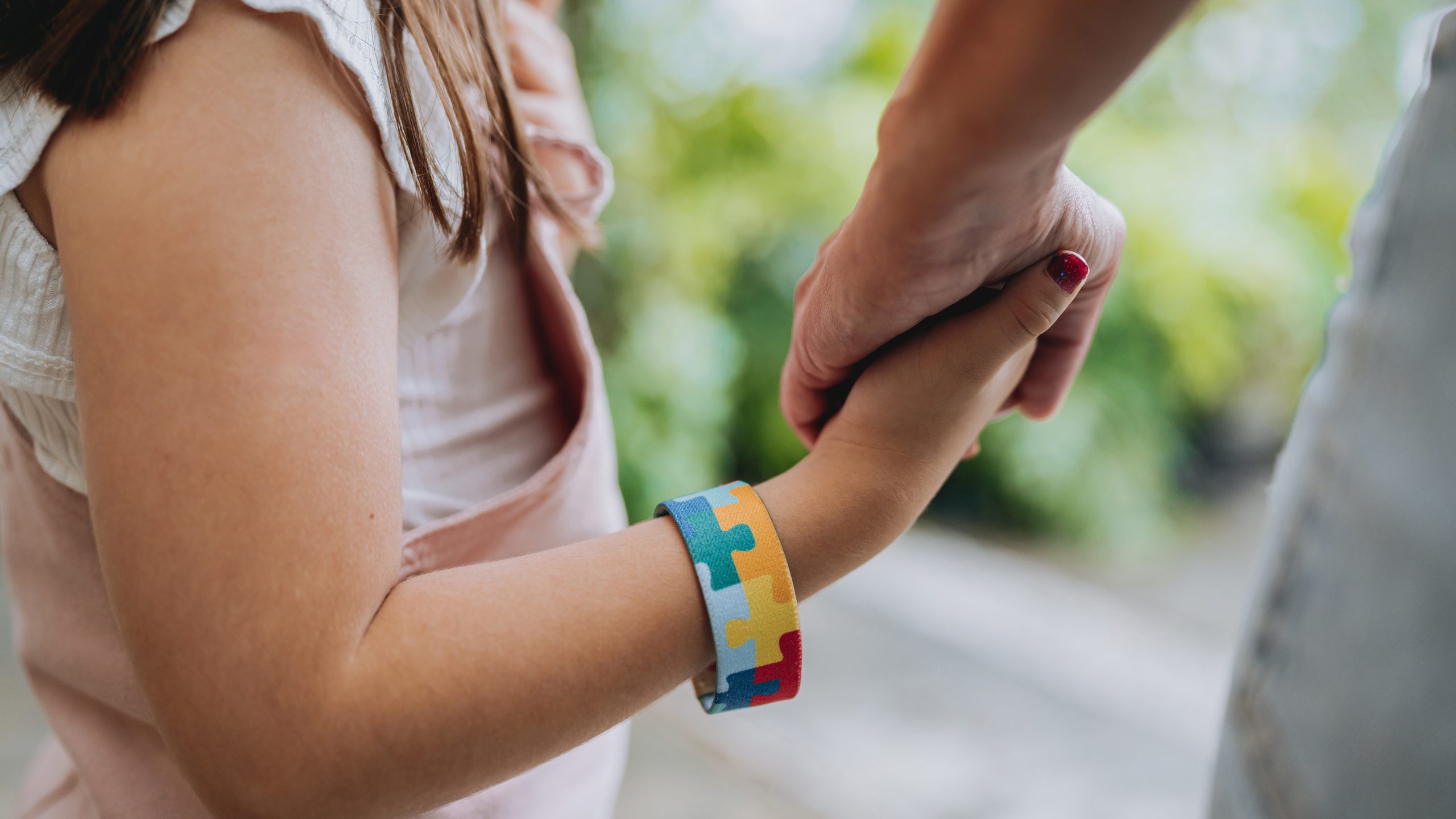According to the Centers for Disease Control and Prevention, about 1 in 36 children are identified with autism spectrum disorder (autism), which is a broad range of conditions characterized by challenges with social skills, repetitive behaviors, speech and nonverbal communication.
Autism occurs in all racial, ethnic and socioeconomic groups, and is nearly four times more common among boys than girls.
The rate of autism has steadily grown over the last 20 years and greatly varies from person to person — no two people with autism are alike — and autism is treatable.
To promote education and awareness of people with autism, the Autism Society first designated April as Autism Awareness Month in 1970. The month then gained national recognition through a presidential proclamation in 1988.
Fifty years later the recognition month was renamed Autism Acceptance Month to move beyond awareness and promote understanding and respect for people with autism, as people capable of living full and meaningful lives.
Autism Acceptance Month highlights that autism is more than a diagnosis — it is identity, community, and a lived experience with both challenges and triumphs.
Today, society has a greater awareness of autism than ever before, thanks to efforts by advocacy organizations, widely available resources and support, and even through the entertainment industry.
However, people with autism continue to face many struggles throughout life, from bullying and prejudice to limited job opportunities.
Sutter Health Plan understands autism requires special care. Members have access to mental health services through U.S. Behavioral Health Plan, California (USBHPC). Members can self-refer for in-network office or virtual visits. Visit Live and Work Well or call USBHPC at 855-202-0984 to find a provider.
Customer Service is also available to help answer questions about enrollment, benefits and more. Call 855-315-5800 or TTY 855-830-3500, weekdays 8 a.m. to 7 p.m., or email shpserviceteam@sutterhealth.org.
If you’d like to learn more about autism or check out free resources available for people with autism and their families, the Association for Autism and Neurodiversity offers several articles, videos and other materials by topic on their website.
